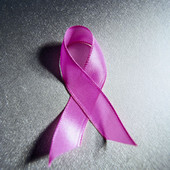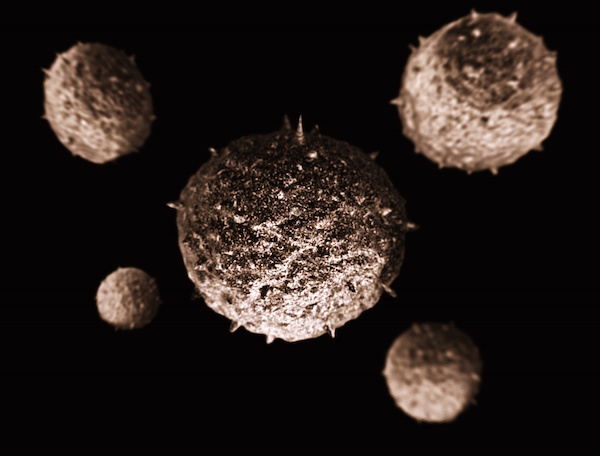
THURSDAY, March 7 (HealthDay News) — Black breast cancer survivors seem more likely to develop heart failure than other women, a new study says.
Researchers analyzed data from more than 26,000 U.S. women who were diagnosed with breast cancer between 1973 and 2007 and survived. More than three-quarters were 65 or older.
Of these women, 16 percent later developed heart failure. The rate of heart failure was 21 percent among black women, 16 percent among whites, 13 percent among Hispanics, 12 percent among Asians and 11 percent among others, including Native Americans.
Heart failure occurs when the heart can no longer pump enough blood to the rest of the body. About half of people with heart failure die within five years after diagnosis, according to the U.S. Centers for Disease Control and Prevention.
According to the study, black breast cancer survivors had a 1.4-fold greater risk of heart failure than white survivors, although both had the same risk of dying after developing heart failure. The study is scheduled for presentation Thursday at the American College of Cardiology’s annual scientific meeting in San Francisco.
The increased risk among black women remained even after the researchers accounted for other factors, including age, high blood pressure, diabetes and the use of chemotherapy drugs or medicines to protect the heart — called cardioprotective drugs.
The findings could prove important for the nearly 27,000 new cases of breast cancer diagnosed in black women each year, the researchers said.
“In general, African-American women are more susceptible to heart problems as they are disproportionately affected by high blood pressure, obesity, diabetes, high oxidative stress and even vitamin D deficiency,” study lead investigator Dr. Anna Valina-Toth, a second-year internal medicine resident at Case Western Reserve University, in Cleveland, said in a university news release. “Our findings suggest that these women may require closer monitoring to detect the risk of heart failure earlier.”
The researchers said their study is the first to reveal how often heart failure occurs in a large, representative sample of U.S. breast cancer survivors.
Breast cancer survivors are at increased risk for heart failure due to the use of anthracycline and trastuzumab, two of the most effective chemotherapy treatments. These drugs can damage the heart, depending on the amount a patient receives during treatment. Cardioprotective drugs might help prevent this damage, and their effectiveness should be studied, Valina-Toth said.
While the study uncovered a link involving race, breast cancer and heart failure, it didn’t prove the existence of a cause-and-effect relationship. Findings presented at medical meetings are considered preliminary until published in a peer-reviewed medical journal.
More information
The U.S. National Heart, Lung, and Blood Institute has more about heart failure.

